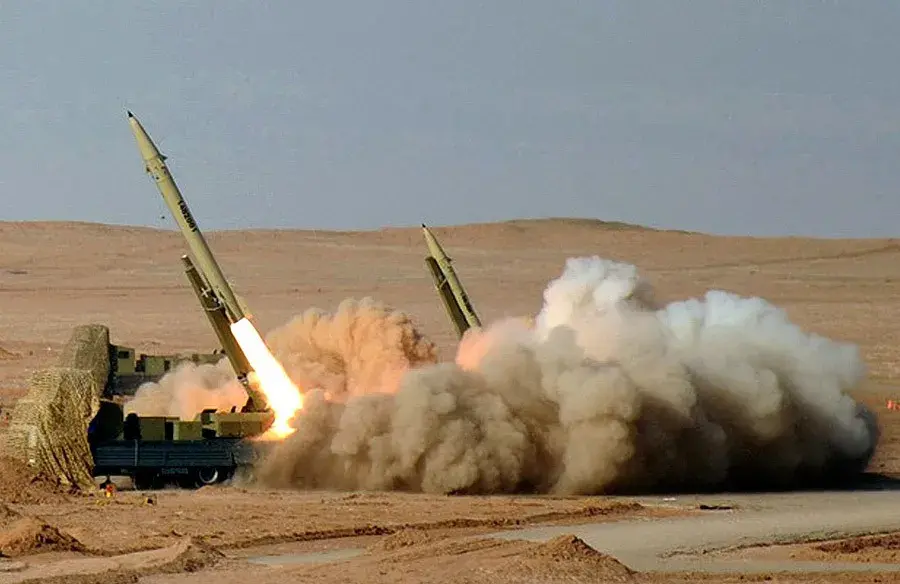The sources said that Iran’s supply of about 400 missiles consisted mostly of the Fateh-110 family of short-range ballistic weapons.

Iran’s regime has deepened its military ties with Russia by providing it with a large number of potent ballistic missiles, six sources revealed to the news agency Reuters .
The sources, three of whom are Iranian, said that Iran’s supply of about 400 missiles consisted mostly of the Fateh-110 family of short-range ballistic weapons, such as the Zolfaghar. Experts say that this mobile missile can strike targets at a range of between 300 and 700 kilometers.
Neither Iran’s Defense Ministry nor the Revolutionary Guard – an elite force that runs Iran’s ballistic missile program – agreed to comment. Russia’s Defense Ministry also did not respond to a request for comment.
One of the Iranian sources said that the shipments started in early January after a deal was reached in meetings between Iranian and Russian military and security officials in Tehran and Moscow in late last year.
An Iranian military official – who, like other sources, requested anonymity due to the sensitivity of the information – said that there had been at least four missile shipments and that more would follow in the next few weeks. He did not give any more details.
Another high-ranking Iranian official said that some of the missiles were shipped to Russia by sea across the Caspian Sea, while others were flown by plane.
“We will continue to ship more,” the second Iranian official said. “There is no need to conceal it. We have the right to export weapons to any country we want.”
In October, U.N. Security Council restrictions on Iranian exports of some missiles, drones and other technology expired. However, the United States and the European Union kept sanctions on Iran’s ballistic missile program over worries about arms exports to its allies in the Middle East and Russia.
A fourth source, who was familiar with the matter, confirmed that Russia had recently obtained a large number of missiles from Iran, without giving any more details.
John Kirby, the White House national security spokesman, said in early January that the United States was worried because Russia was close to getting short-range ballistic weapons from Iran, in addition to missiles already coming from North Korea.
A U.S. official told Reuters that Washington had seen signs that talks were progressing, but there was still no evidence that deliveries had taken place.
The Pentagon did not respond to a request for comment on the missile deliveries right away.
On Friday, Ukraine’s top prosecutor said that ballistic missiles supplied by North Korea to Russia had shown to be unreliable on the battlefield, with only two of 24 hitting their targets. Both Moscow and Pyongyang have denied that North Korea gave Russia weapons used in Ukraine.
On the other hand, Jeffrey Lewis, an expert at the Middlebury Institute of International Studies in Monterey, said that the Fateh-110 family of missiles and the Zolfaghar were accurate weapons.
“They are used to target high-value objects that need precise damage,” Lewis said, adding that 400 rounds could cause significant damage. He noted, however, that the Russian bombings were already “pretty brutal.”







